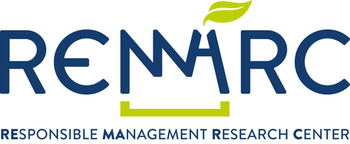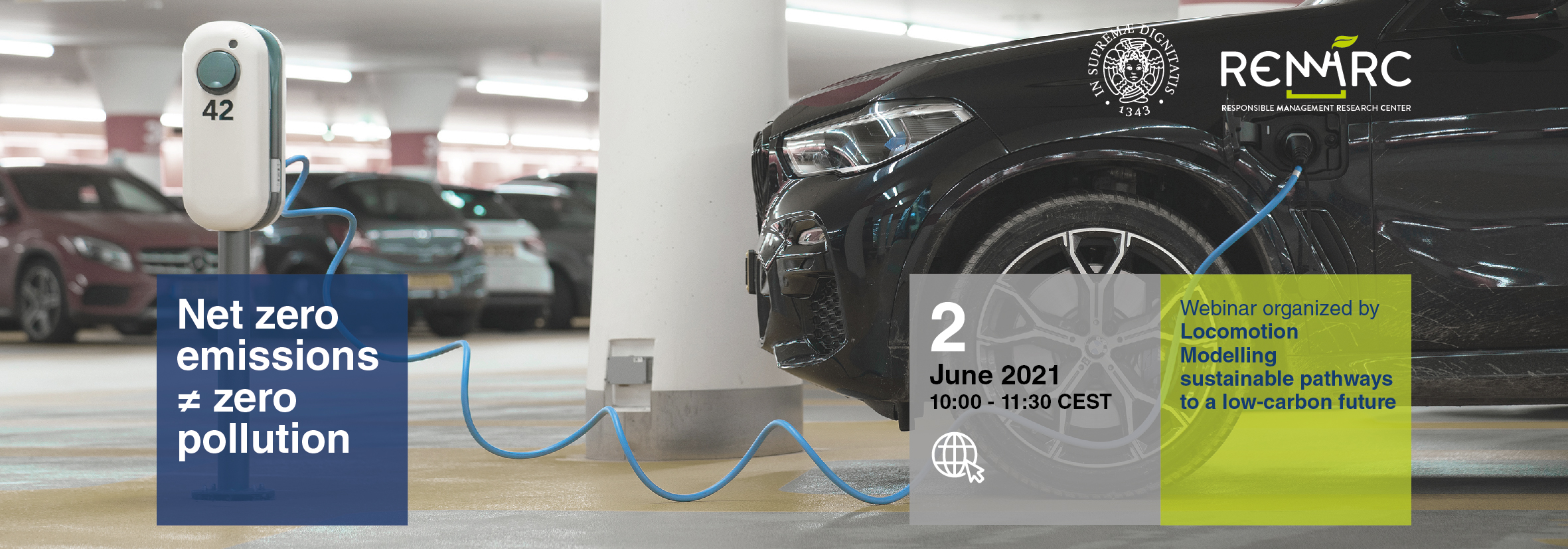Register here.
About the event
There is no doubt that we need a large-scale deployment of renewable energy to meet Paris Agreement targets. Nonetheless, no energy source comes free of environmental and social side effects. Although renewable energy sources are, as the name suggests, renewable and sustainable, the technologies to harness and utilise them are a different story.
Not only does the construction of solar panels, wind turbines and other forms of renewable technology produce greenhouse gas emissions, it also requires an extensive amount of rare minerals. Moreover, the Energy Return on Investment (EROI), i.e. the amount of energy that must be invested to generate usable energy, drops considerably during the transition, according to our models.
A renewable energy boom will accelerate the expansion of mining and might lead to a rush to enlarge existing or opening new mines in Europe and across the globe. Mining is known for being one of the most polluting industries in the world. Extraction and primary processing of metals and minerals are responsible for a quarter of global carbon emissions. Together with agriculture, these industries account for up to 90% of global biodiversity loss and water stress impacts.
Our models show that, if all the world’s cars become electric by 2050 and recycling rates remain low there will be critical shortages of numerous minerals, including lithium copper, lithium, manganese and nickel. Besides, there are the negative environmental and social impacts of mining activities all around the globe (especially in the Global South). For example, even global leaders in environmental standards have trouble keeping their commitment. Canada, for example, a self-proclaimed global leader in climate action, has 61 reported cases in the Environmental Justice Atlas, which records cases of environmental conflict around the world, with close to 30% of those cases involving the mining industry. Conflicts around existing and proposed mines related to materials for renewable energy infrastructure are popping up all over Europe, from Greenland to Serbia and from Portugal to Finland.
Agenda
10:00 – 10:10 Welcome and introduction to LOCOMOTION (Katy Wiese, Associate Policy Officer for Economic Transition, European Environmental Bureau)
10:10 – 10:20 Presentation of two or three alternative of policy questions that can be simulate and vote by the audience (Nathalie Wergles, Project manager LOCOMOTION, University de Valladolid)
10:20 – 11:10 The hidden social and environmental costs and limitations of the EU energy transition
Speakers
Iñigo Capellán Pérez (Post-doctoral Researcher, University of Valladolid) on the hidden environmental costs of renewable energy
Marga Mediavilla (Professor, University of Valladolid) on the hidden environmental cost of electric cars
Dirk-Jan Van de Ven (Postdoctoral Researcher, BC3 Basque Centre for Climate Change) on the hidden land costs of solar energy
Diego Marin (Assistant Environmental Justice, European Environmental Bureau) on the hidden environmental costs of mining for the renewable transition and policy recommendations
11:10-11:25 Presentation of results of modelling exercise (Nathalie Wergles, Project manager LOCOMOTION, University de Valladolid)
11:25-11:30 Closing and farewell (Katy Wiese, Associate Policy Officer for Economic Transition, European Environmental Bureau)

